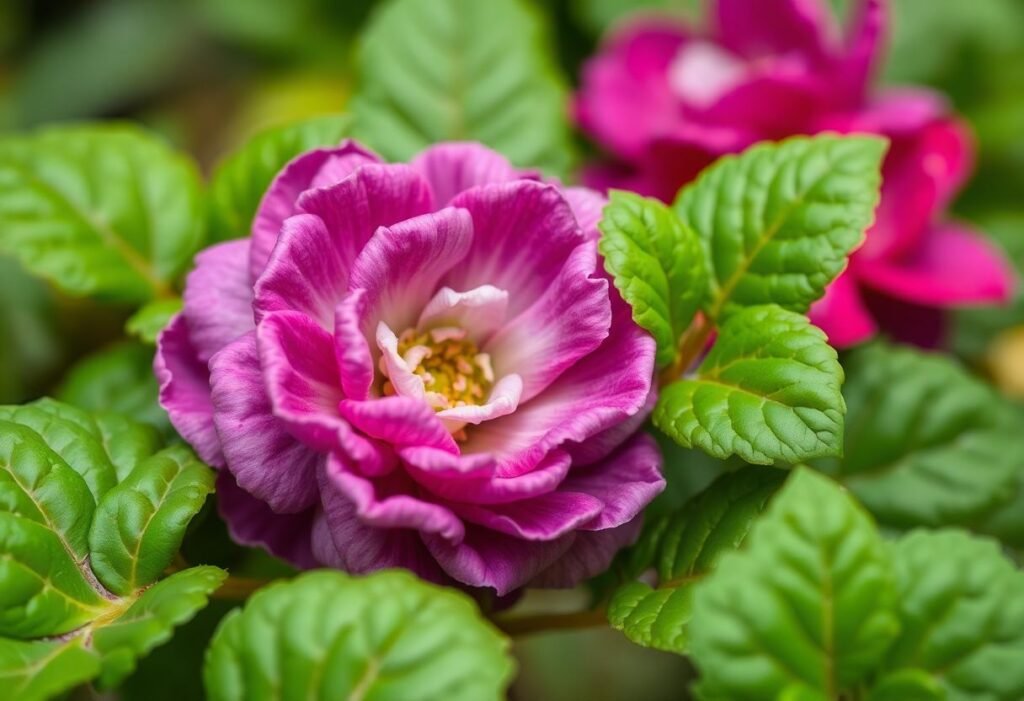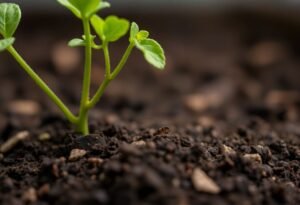Why is Phosphorus Important for Plant Health?
Phosphorus is essential for plants for several reasons. First, it plays a crucial role in the photosynthesis process, enabling plants to convert sunlight into vital nutrients. Second, it supports root development, essential for water and nutrient absorption from the soil. Without adequate phosphorus levels, plants may show signs of weakness, like yellowing leaves or reduced yield.
What Phosphorus Foods Should You Invest In?
There are many natural sources of phosphorus that can be used in gardening. Organic fertilizers, such as bone meal, are excellent sources of phosphorus. It’s also worth considering mineral fertilizers that contain phosphorus in forms readily absorbed by plants. Other sources include compost made from well-decomposed organic matter and green manures that enrich the soil with essential nutrients.
How to Use Phosphorus Foods in Your Garden?
Applying phosphorus foods in the garden is simple but requires attention. They should be used according to the manufacturer’s instructions to avoid excess, which could harm the plants. It’s best to apply phosphorus early in the spring, before the growing season, so that plants can fully utilize this nutrient. Regular soil testing is also beneficial to determine the appropriate phosphorus level.
Which Plants Need More Phosphorus?
Certain plants are more demanding in terms of phosphorus. In particular, vegetables such as tomatoes, peppers, and cucumbers, as well as flowering plants like daisies and geraniums, require this nutrient in larger amounts to grow and bloom properly. When growing these plants, pay special attention to their nutritional needs to ensure a bountiful harvest.
What Else Should You Know About Phosphorus?
It’s important to note that excess phosphorus in the soil can lead to issues, such as decreased water quality. Therefore, it is crucial to apply fertilizers in the right amounts and monitor their concentration in the soil. Skillful management of fertilization will benefit not only your plants but also protect the local ecosystems.
Alternatives to Commercial Phosphorus Foods
If you wish to minimize the use of phosphorus fertilizers, consider biological alternatives. Methods such as composting engage microorganisms that also provide mineral nutrients. Additionally, some gardeners utilize seaweed extracts for fertilizing plants, which can positively influence their health.
Conclusion
Utilizing phosphorus foods for plants is a key component of maintaining a healthy garden. By understanding their role, choosing the right sources, and applying them effectively, you can enjoy the beauty and abundance of your plants. We encourage you to enrich your garden’s health, allowing every flower and vegetable to shine in full splendor!
Disclaimer
This article is for informational purposes only. Always consult with a gardening specialist before applying fertilizers in your garden.

















